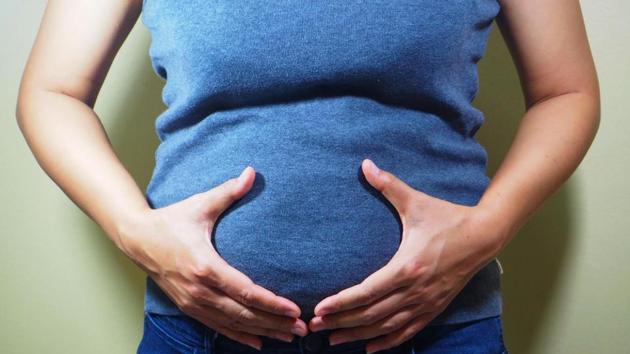Fat-shaming encourages unhealthy behaviours that lead to heart disease, diabetes
A study reveals that people who feel unattractive and devalue themselves because of their weight are at heightened risk of heart disease and type 2 Diabetes.
A study reveals that people who feel unattractive and devalue themselves because of their weight are at heightened risk of heart disease and type 2 Diabetes.

The study was published in Obesity, the journal.
Researchers from University of Pennsylvania School of Medicine in the US found that above and beyond the effects of body mass index (BMI) and depression, higher levels of weight bias internalisation were associated with increased risk for cardiovascular and metabolic disease.
Weight bias internalisation occurs when people apply negative weight stereotypes to themselves, such as believing they are lazy or unattractive and devalue themselves because of their weight.
The findings indicate that people with high internalisation were three times more likely to have metabolic syndrome - cardiovascular disease and type 2 diabetes - and six times more likely to have high triglycerides as compared to participants with low internalisation.
“There is a common misconception that stigma might help motivate individuals with obesity to lose weight and improve their health,” said lead author Rebecca Pearl.
“We are finding it has quite the opposite effect. When people feel shamed because of their weight, they are more likely to avoid exercise and consume more calories to cope with this stress,” Pearl added.
They examined 159 adults with obesity who were enrolled in a larger clinical trial testing the effects of weight loss medication.
The participants also underwent medical examinations and were stratified into two groups - high and low levels of weight bias internalisation.
“Health care providers, the media, and the general public should be aware that blaming and shaming patients with obesity is not an effective tool for promoting weight loss and it may contribute to poor health, if patients internalise these prejudicial messages,” said co-author Tom Wadden,
“Providers can play a critical role in decreasing this internalisation by treating patients with respect, discussing weight with sensitivity and without judgment and giving support and encouragement to patients who struggle with weight management - behaviours,” Wadden added.
Catch your daily dose of Fashion, Health, Festivals, Travel, Relationship, Recipe and all the other Latest Lifestyle News on Hindustan Times Website and APPs.



